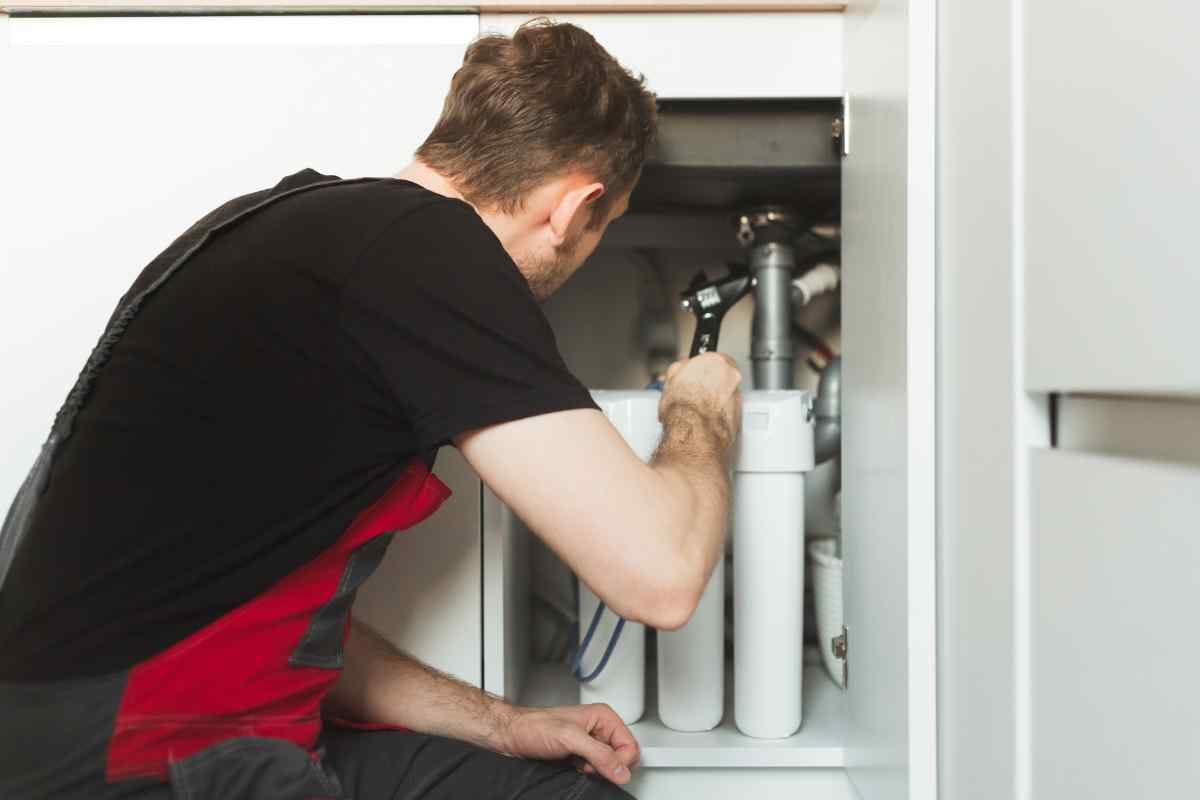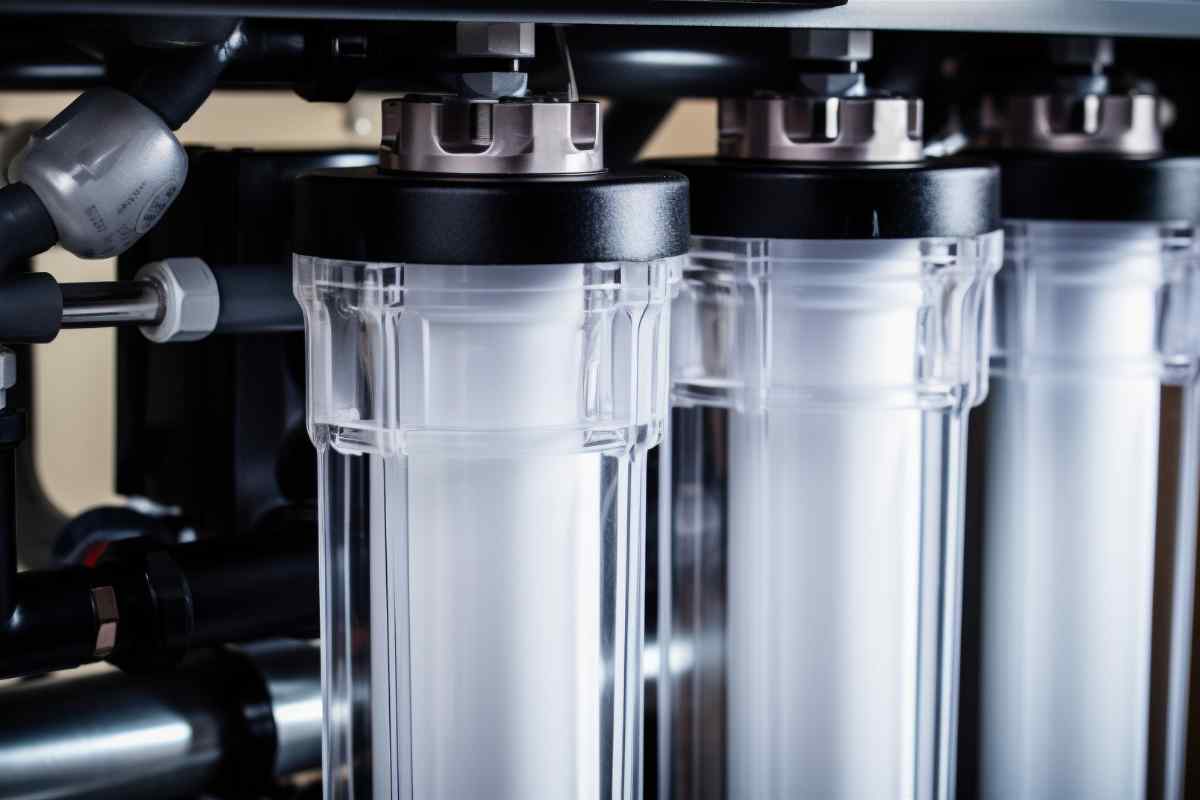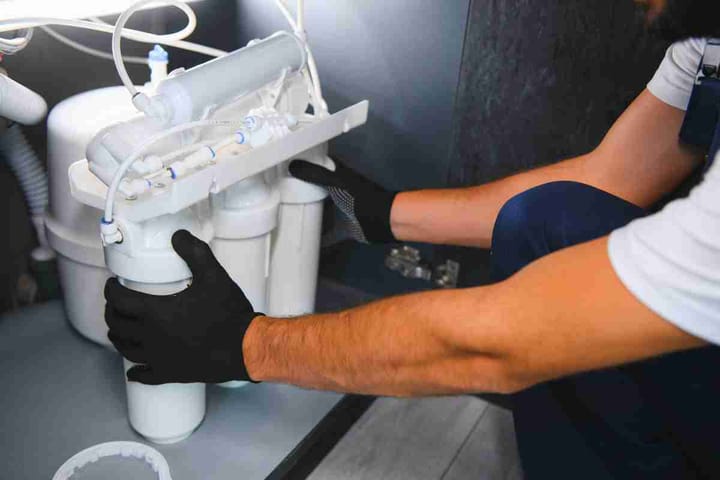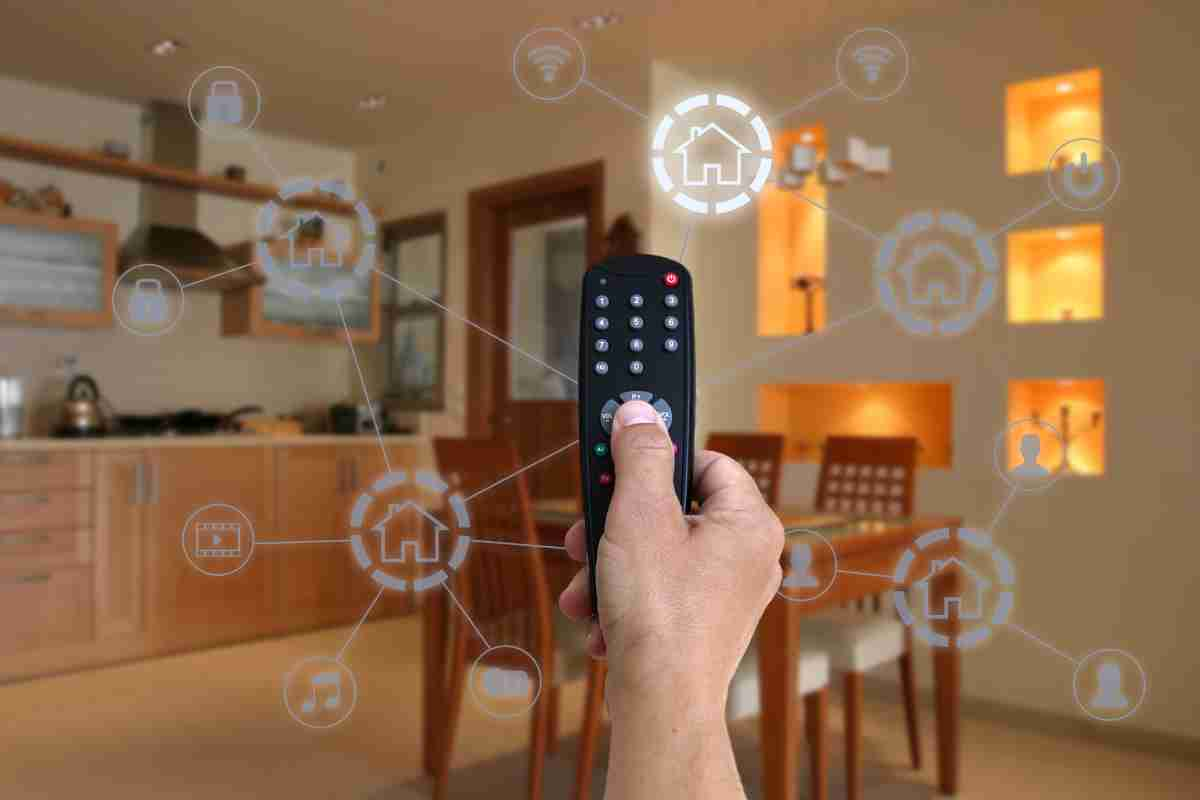10 Clear Signs Your Home Requires A Water Softener Immediately
Spot signs your home needs a water softener to stop hard water issues—scale buildup & appliance inefficiency. See our top 10 indicators guide.

Identifying the signs that your home needs a water softener can prevent many water-related issues. Hard water, which contains high levels of calcium and magnesium, can lead to various problems within your household, from causing scale buildup in your plumbing to inefficiencies in water-using appliances.
This comprehensive guide will outline ten unmistakable signs that it might be time to consider installing a water softener in your home.
1. Scale Buildup On Appliances and Fixtures
Scale buildup, a prominent sign of hard water, appears as a white, chalky deposit on various household fixtures, including faucets, showerheads, and kettles. This accumulation signifies the presence of high mineral content in the water, particularly calcium and magnesium. These deposits can significantly impede the functionality and efficiency of your appliances by obstructing water flow, causing them to use more energy to achieve their intended results.
Consequently, this detracts from the visual appeal of your fixtures and escalates energy consumption, leading to higher utility bills and potential premature wear of the appliances involved. If you’re facing such issues, consulting with certified water softener installers can be an excellent idea. They can provide a professional assessment and solution to mitigate these hard water effects, ensuring your appliances and fixtures remain in top condition.
2. Soap Scum And Difficulty Lathering
Hard water in a home can significantly hamper daily hygiene routines, particularly when it comes to lathering soap. This difficulty arises due to the high mineral content in hard water, notably calcium and magnesium, which react adversely with soap. Instead of the rich, cleansing foam you might expect, this reaction yields a sticky, hard-to-rinse-off substance known as soap scum. This unwelcome residue tenaciously adheres to various bathroom surfaces, including bathtubs, shower walls, and sinks, leaving behind an unsightly film that’s challenging to clean.
The implications of this phenomenon are manifold, necessitating increased consumption of soap and shampoos as you strive for the desired level of cleanliness. The constant battle against soap scum demands more time and effort in cleaning and leads to the following inconveniences:
- Reduced effectiveness of cleaning products
- Increased expenditure on hygiene products
- Cumbersome and time-consuming cleaning routines
- Deterioration of bathroom fixtures’ appearance and longevity
Observing these signs should prompt you to consider installing water softeners with the help of professionals like water softener installers.
3. Dull And Stiff Laundry
Laundry washed in hard water often comes out less vibrant and coarser in texture, a clear departure from the soft, bright results expected from a typical wash. The minerals in hard water, like calcium and magnesium, embed themselves within the fibers of fabrics, muting colors and imparting a stiff feel to the materials. This affects the immediate comfort and appearance of the garments and accelerates their degradation, curtailing their usable life.
Recognizing these signs in your laundry could very well indicate the need for a water softening solution in your home. The impacts of hard water on laundry include:
- Faded colors and less bright whites
- Fabrics becoming rough and scratchy to the touch
- Increased wear and tear, leading to shorter garment lifespan
- The necessity for more detergent to achieve cleanliness, raising costs
If these symptoms are all too familiar, it might be high time to consider integrating a water softening system into your home’s supply, aiming to preserve the integrity and appearance of your laundry.
4. Increased Water Heating Costs
The efficiency of water heaters is significantly compromised by hard water, primarily due to mineral deposits forming an insulating layer of sediment at the tank’s bottom. This sedimentation requires a higher energy input to achieve the desired water temperature, inflating utility bills and exerting undue stress on the heater, potentially shortening its operational life. A noticeable uptick in heating costs without a corresponding increase in water usage might well be attributed to the hardening effects of water, making a strong case for adopting a water softening system.
Hard water’s impact on water heating includes:
- Formation of insulating sediment layers, reducing efficiency
- Elevated energy consumption, leading to higher bills
- Possible damage and reduced lifespan of water heaters
- Increased maintenance and potential for premature replacements
A sudden and unexplained rise in water heating expenses often signals the need for a solution from experienced water softener installers to mitigate these effects and restore efficiency.
5. Frequent Plumbing Repairs
Hard water’s high mineral content can lead to significant plumbing issues, chiefly by accumulating deposits within pipes. This buildup constricts water flow and heightens the risk of blockages and pipe corrosion, setting the stage for ongoing and expensive plumbing repairs. Regular encounters with such plumbing woes could signal hard water’s detrimental influence, underscoring the utility of a water softening system in averting these persistent issues.
Some challenges posed by hard water in plumbing include:
- Diminished water pressure due to mineral buildup
- Heightened incidence of pipe blockages and leaks
- Corrosion and damage to plumbing fixtures
- Escalating repair and maintenance costs
Consistent plumbing issues might indicate it’s time to explore professional water softener installation to protect your home’s plumbing infrastructure from the adverse effects of hard water.
6. Skin And Hair Problems
Hard water's high mineral content can strip natural oils from skin and hair, causing dermatological issues. This desiccation can leave skin feeling dry and itchy, while hair may appear dull and lifeless. Those with sensitive skin might find their conditions, such as eczema, exacerbated by the harsh effects of hard water. Such symptoms among household members can indicate the need to counteract hard water’s adverse effects, possibly through installing a water softening system.
The effects of hard water on skin and hair encompass the following:
- Depletion of natural moisture, causing dryness and irritation
- Hair that lacks shine and feels brittle
- Aggravation of skin conditions like eczema
- Increased consumption of skincare and haircare products to counteract dryness
If these issues are prevalent among household members, it could clearly indicate that the quality of your water is compromising personal well-being, making a strong case for adopting a new water softener.

7. Appliance Lifespan Reduction
The harmful effects of hard water on household appliances are significant, particularly for devices that are in constant contact with water, such as dishwashers, washing machines, and coffee makers. The high mineral content characteristic of hard water leads to the accumulation of scale within these appliances, a phenomenon that directly impedes their operational efficiency and accelerates the degradation of internal components. This cycle of inefficiency and increased maintenance can manifest in several troubling symptoms:
- Frequent Breakdowns: There are noticeable uptick in malfunctions and operational issues.
- Reduced Efficiency: It involves extended cycle times and decreased performance.
- Increased Energy Usage: It includes elevated electricity consumption as appliances struggle to function under scale-induced strain.
- Early Replacement: This means there’s a need to replace appliances sooner than anticipated, entailing significant expense and inconvenience.
A water softener installation offers a strategic countermeasure to these challenges, mitigating the impact of hard water by removing or altering the problematic minerals before they can accumulate. By doing so, it enhances the efficiency and reliability of water-using appliances and contributes to prolonged appliance lifespan and reduced household expenditure on energy and maintenance.
8. Unpleasant Taste Or Odor In Water
Occasionally, hard water can mar the quality of your water supply with an off-putting taste or odor, detracting from the enjoyment and utility of tap water for drinking and culinary purposes. This can manifest as a metallic tang or a sulfurous stench, direct consequences of the elevated mineral content.
Signs to watch for include:
- Metallic taste: Water has a tangy or iron-like flavor.
- Sulfur smell: A rotten egg odor emanates from your water.
Introducing the best water softener with the assistance of professionals can alleviate these issues, restoring the freshness and palatability of your home’s water supply.
9. Cloudy Glassware And Dishes
Hard water’s high mineral content is notorious for leaving a filmy residue on glassware and dishes, even post-wash. This cloudy appearance detracts from your tableware’s cleanliness and aesthetic appeal, often requiring additional hand polishing or rinsing. The issues include:
- Persistent film: Glassware retains a milky film despite washing.
- Spotting on silverware: Utensils display water spots.
- Additional cleaning effort: The household items need extra rinsing or hand drying.
- Aesthetic displeasure: Cloudiness diminishes the presentation of dishes.
The best water softener can remove these deposits, ensuring your dishes are sparkling clean.
10. Environmental Considerations
Using a water softener addresses hard water concerns and supports eco-friendly living. By mitigating scale buildup and enhancing appliance efficiency, it reduces energy consumption and diminishes reliance on aggressive cleaning agents. Some environmental benefits include:
- Reduced energy usage: Appliances operate more efficiently, conserving energy.
- Less chemical runoff: There’s a decreased need for chemical-laden cleaning products.
- Prolonged appliance life: There are fewer resources spent on replacements.
- Water conservation: Efficient appliances and plumbing require less water.
Installing a water softener is a proactive step towards minimizing your household’s environmental footprint and promoting sustainability in daily living.
Wrapping Up
Recognizing the signs your home needs a water softener installation is essential in maintaining the efficiency and longevity of your household appliances and in ensuring your family’s health and comfort. If you’re experiencing any of the abovementioned issues, it may be time to invest in water softeners. This not only protects your home from hard water damage but also makes your household more sustainable and cost-effective.




Comments ()